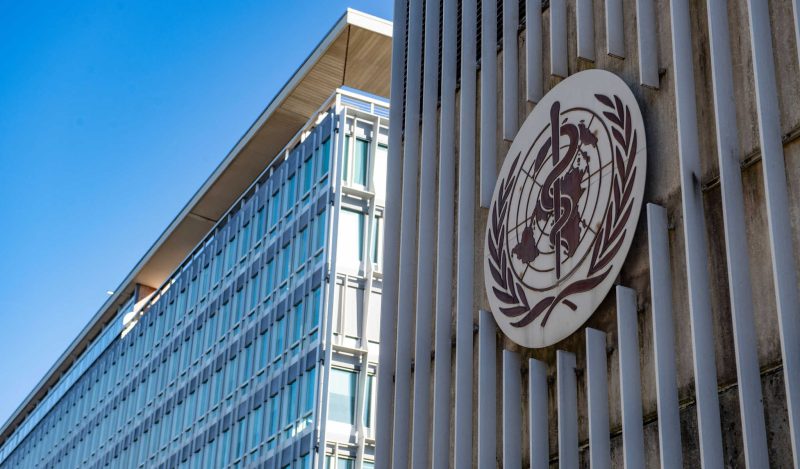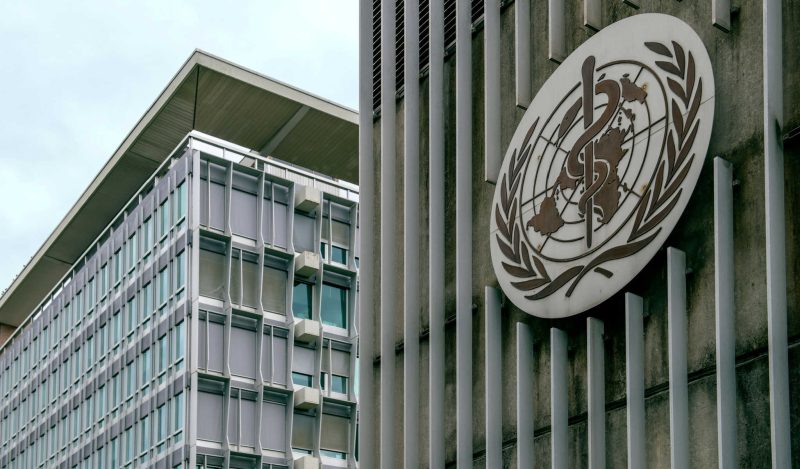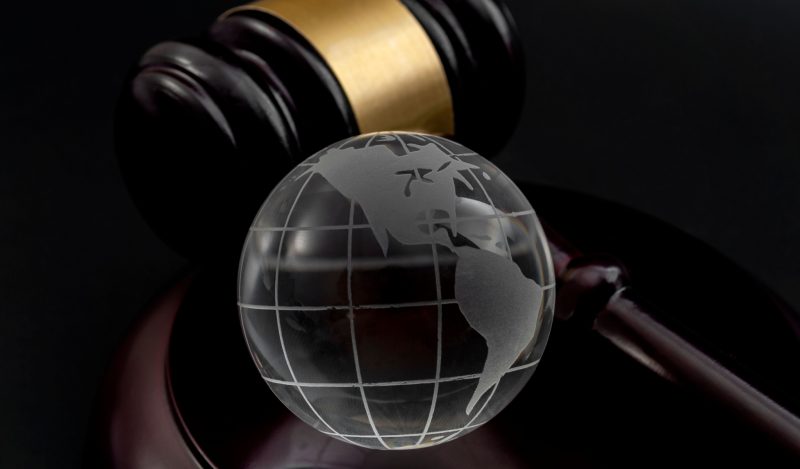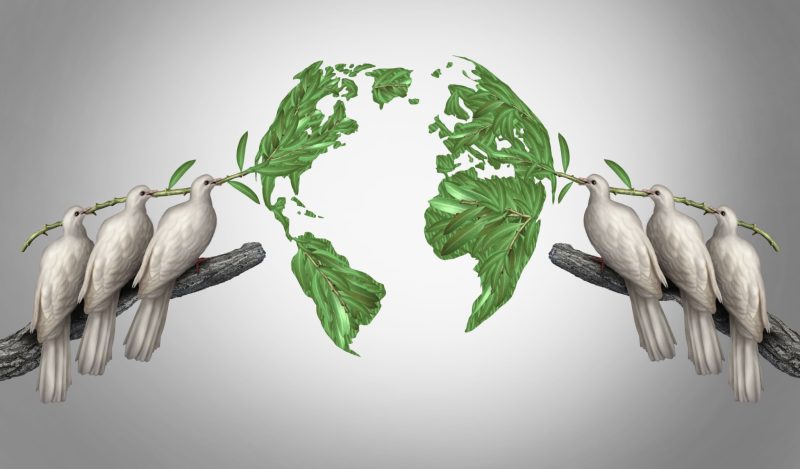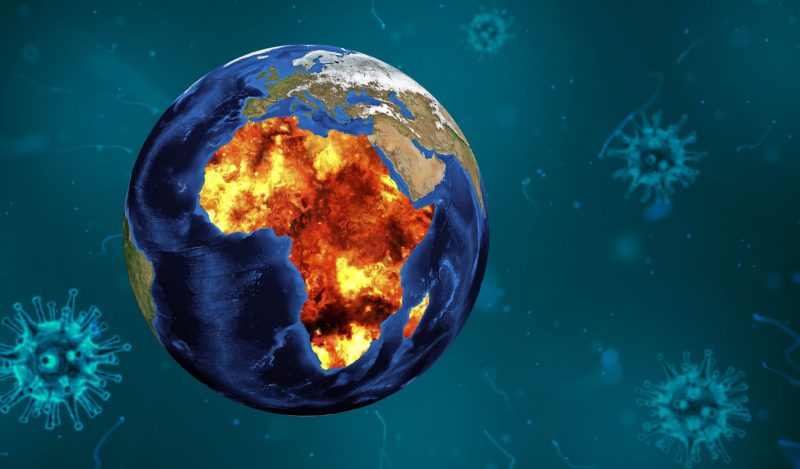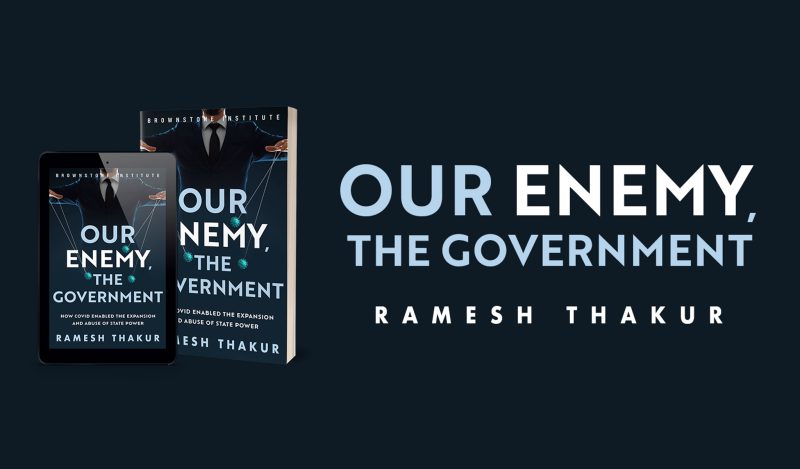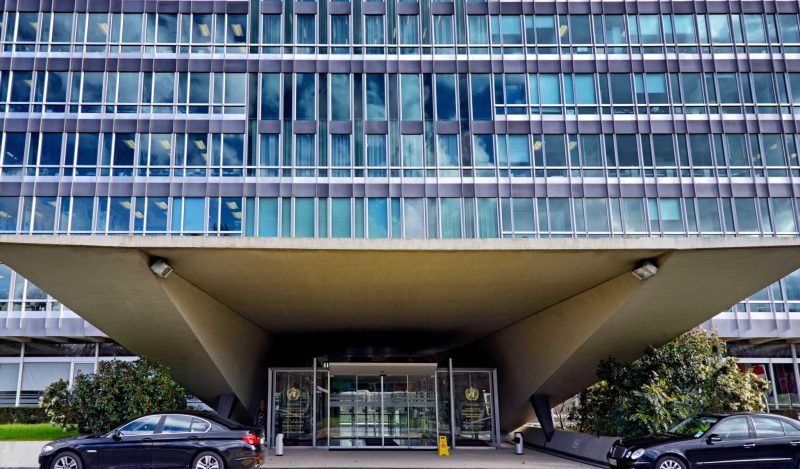Search Results
By David Bell
February 1, 2023
The amendments to the IHR are intended to fundamentally change the relationship between individuals, their country’s governments, and the WHO. They place the WHO as having rights overriding that of individuals, erasing the basic principles developed after World War Two regarding human rights and the sovereignty of States. In doing so, they signal a return to a colonialist and feudalist approach fundamentally different to that to which people in relatively democratic countries have become accustomed. The lack of major pushback by politicians and the lack of concern in the media and consequent ignorance of the general public is therefore both strange and alarming.
June 16, 2023
The WHO has become a tool of those who would manipulate us for greed and self-interest. In previous eras, people have stood against those who sought to exploit and enslave them, reclaimed their rights and saved society for their children. What we are facing is not new; society periodically faces and overcomes such challenges.
February 21, 2024
The WHO, most likely with the complicity of your government, is pushing through a set of amendments to international pandemic laws that will put your livelihood and liberties at the mercy of a WHO-appointed “expert committee” whose advice during a pandemic or other “public health emergency” will supersede that of your own government.
June 5, 2024
The 77th meeting of the World Health Assembly concluded Saturday, June 01, 2024. This particular Assembly meeting, the first following the Covid crisis, failed to achieve agreement on the wording or passage of a proposed World Health Organization (WHO) pandemic “treaty”, also referred to as an “agreement”. In parallel to the treaty, the World Health Assembly (in close cooperation with the US HHS/Biden administration) has been working on “updating” the existing (2005) International Health Regulations (IHR) agreement, which historically functioned as a voluntary accord establishing international norms for reporting, managing, and cooperating in matters relating to infectious diseases and infectious disease outbreaks (including “pandemics”).
June 7, 2024
The 77th session of the World Health Assembly (WHA) just concluded at the World Health Organization’s (WHO) headquarters in Geneva, Switzerland. It originally intended to adopt a new pandemic treaty and amendments to the 2005 International Health Regulations (IHR) that would tie country responses to the decisions of the WHO’s Director-General. In the end, it kicked one can down the road for a year and partly filled another.
December 10, 2023
The Covid pandemic gave the World Health Organisation and its partners unprecedented visibility and a tremendous amount of “soft” power to shape public health law and policies across the world. Over the past year or so, the WHO has been pushing hard to consolidate and expand its power to declare and manage public health emergencies on a global scale.
March 22, 2024
The commentary below concentrates on selected draft provisions of the latest publicly available version of the draft agreement that seem to be unclear or potentially problematic. Much of the remaining text is essentially pointless as it reiterates vague intentions to be found in other documents or activities which countries normally undertake in the course of running health services, and have no place in a focused legally-binding international agreement.
May 31, 2024
In the 19th and 20th centuries, Western imperialism dispossessed the peoples of Africa of huge tracts of land through treaties that it made them sign under duress or deception. For example, the Anglo-Maasai treaties of 1904 and 1911 obligated the Maasai to relocate to reserves in Laikipia and Loita plains. In this way, the British colonisers moved the Maasai away from their own ancestral lands for exclusive occupation by European settlers. We the peoples of Africa must now guard our health sovereignty with all that we have against recolonisation by demanding that no international legal instrument violates our right to sovereignty in its multiple dimensions, public health included.
April 28, 2024
The draft of the IHR amendments and an accompanying draft Pandemic Agreement are both still under negotiation a month short of the intended vote at the World Health Assembly (WHA) in late May. Together, they reflect a sea change in international public health over the past two decades. They aim to further centralize control of public health policy within the WHO.
By David Bell
March 3, 2023
These proposed instruments, as currently drafted, would fundamentally change the relationship between the WHO, its Member States and naturally their populations, promoting a fascist and neo-colonialist approach to healthcare and governance. The documents need to be viewed together, and in the far wider context of the global/globalist pandemic preparedness agenda.
August 5, 2024
Unfortunately, the WHO’s performance in helping the world manage Covid-19 proved, to be kind, very patchy. This makes it all the more surprising that there should be a concerted effort underway to expand its authority and boost its resources.
May 21, 2023
This is the stuff of bureaucrats’ dreams: the legal authority to declare an emergency and the power thereafter to commandeer resources for oneself from sovereign states and to redirect resources funded by the taxpayers of one country to other states. The Covid years saw a successful bureaucratic coup that displaced elected governments with cabals of unelected experts and technocrats who lorded it over citizens and intruded into the most intimate personal behaviour and business decisions.
By REPPARE
August 9, 2024
On June 1, 2024, the World Health Assembly (WHA) adopted a series of new amendments to the International Health Regulations (IHRs). The World Health Organization proclaimed that these amendments will “build on lessons learned from several global health emergencies.”
July 24, 2022
Tedros made the declaration despite a lack of consensus among members of the WHO's emergency committee on the monkeypox outbreak. It's the first time a leader of a UN health agency has made such a decision unilaterally.
